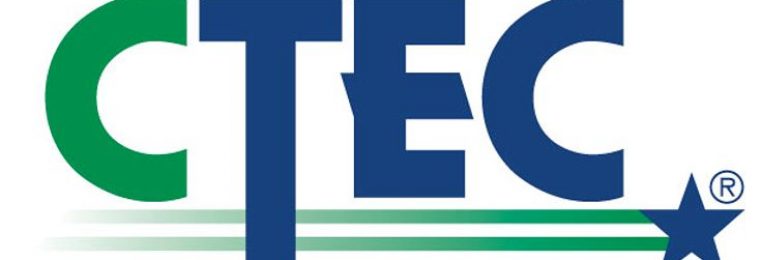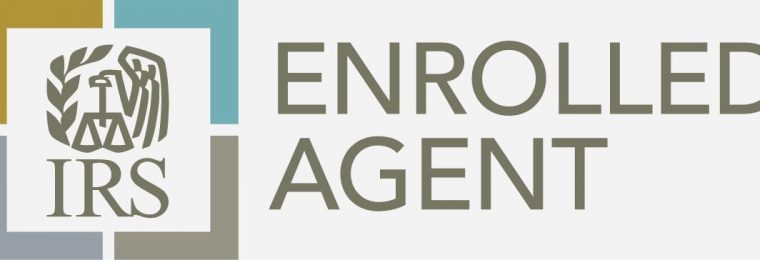Service
Innocent or Injured Spouse
If the IRS has applied your share of tax refund to satisfy the debt of your spouse’s past due sole tax liability you are eligible for injured spouse relief. If your tax return has an understatement of tax that’s solely attributable to your spouse’s erroneous item, you can qualify for innocent spouse tax relief.
Reach Out to Us
Contact us today and find out if Injured or Innocent spouse tax relief is fit for you.
FIND OUTInjured Spouse
If the IRS has applied your share of tax refund to satisfy the debt of your spouse’s past due sole tax liability you are considered as Injured Spouse. One spouse cannot be held liable for the tax liability of another .You’re an injured spouse if all or part of your share of a refund from a joint return was or will be applied against the separate past-due federal tax, state tax, child or spousal support, or federal non-tax debt (such as a student loan) owed by your spouse. If you’re an injured spouse, you may be entitled to recoup your share of the refund.
Innocent Spouse
If your tax return has an understatement of tax that’s solely attributable to your spouse’s erroneous item, you can qualify for innocent spouse tax relief. To qualify for innocent spouse relief all these conditions must be met :
- An erroneous item includes income received by your spouse but omitted from the joint return. Deductions, credits, and property basis are also erroneous items if they’re incorrectly reported on the joint return
- You establish that at the time you signed the joint return you didn’t know, and had no reason to know, that there was an understatement of tax and
- Taking into account all the facts and circumstances, it would be unfair to hold you liable for the understatement of tax
- You and your spouse (or former spouse) have not transferred property to one another as part of a fraudulent scheme. A fraudulent scheme includes a scheme to defraud the IRS or another third party, such as a creditor, ex-spouse, or business partner.
When a case is presented before the IRS for innocent spouse relief , the IRS takes into consideration :
- Actual Knowledge– If you actually knew about an erroneous item that belongs to your spouse (or former spouse), the relief discussed here does not apply to any part of the understatement of tax due to that item. You and your spouse (or former spouse) remain jointly liable for that part of the understatemen
- Partial Knowledge – You may qualify for partial relief if, at the time you filed your return, you had no knowledge or reason to know of only a portion of an erroneous item. You will be relieved of the understatement due to that portion of the item if all other requirements are met for that portion.
Significant Benefit – A significant benefit is any benefit in excess of normal support. Normal support depends on your particular circumstances. Evidence of a direct or indirect benefit may consist of transfers of property or rights to property, including transfers that may be received several years after the year of the understatement.
Community Property States
If the taxpayer lived in a community property state and didn’t file as married filing jointly, they might qualify for relief from the operation of state community property law. Community property states are Arizona, California, Idaho, Louisiana, Nevada, New Mexico, Texas, Washington, and Wisconsin.
How we can help
Our licensed tax professionals can help you determine whether injured spouse relief or innocent spouse relief is a better option for you. If none of the case scenarios applies to your tax situation we can help you explore other viable tax resolution options to help you settle your tax liability. Our goal is to help you achieve your financial freedom. Call Allay Tax today at 1-888-827-6667.
Contact Us
Reach out to us for a free consultation. Our tax experts can help you determine the best service to get relief from your debt.






